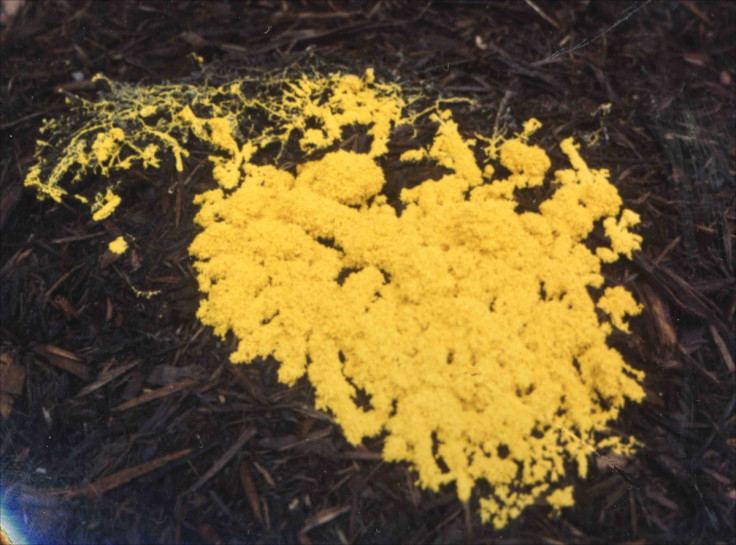Brainless slime that 'learns' raises major questions about evolution

Brainless slime that can learn has been discovered by scientists. A team of researchers showed how a type of slime mould learned to respond to a stimulus after repeated exposure – an "unmistakable form of learning". The discovery throws up the "exciting possibility" that learning could have emerged before the evolution of nervous systems.
While learning is critical to life to make decisions in changing environments, it is normally thought to be a trait seen almost exclusively in organisms with brains. Evidence of non-neural multicellular learning is limited, and there are just a few reports of learning seen in single-celled organisms.
However, researchers at Toulouse University in France have now shown learning in the single-celled slime mould Physarum polycephalum, also known as 'many-headed slime'. Publishing their research in the Proceedings of the Royal Society B, authors found the slime displayed habitation – where an orgasm learns to stop responding to a stimulus. In this experiment, they used caffeine.
P. polycephalum is normally found in cool, shady and humid environments. It moves from place to place in search of food by very slowly crawling over support structures. Scientists grew the slime in a lab and provided it food that could be reached by a gel 'bridge'.
They then contaminated the bridge with caffeine – a bitter, but not harmful repellent. Initially the slime avoided the caffeine and moved more slowly across. However, over several days it learned to ignore the repellent and crossings became quicker. This, they say, is an "unmistakable" sign of habituation, or learning.
Researchers say the study has implications for our understanding of the origins of learning: "While the evolutionary benefits of learning are clear, very little is known about its origins," they wrote. "Here we demonstrate habituation, an unmistakable form of learning, in the non-neural organism Physarum polycephalum ... Our results point to the diversity of organisms lacking neurons, which likely display a hitherto unrecognised capacity for learning."
They added: "Whether capacities for simple learning in slime moulds extend beyond habituation and constitute a prerequisite for other forms of learning such as associative learning remains an open question."
© Copyright IBTimes 2025. All rights reserved.






















